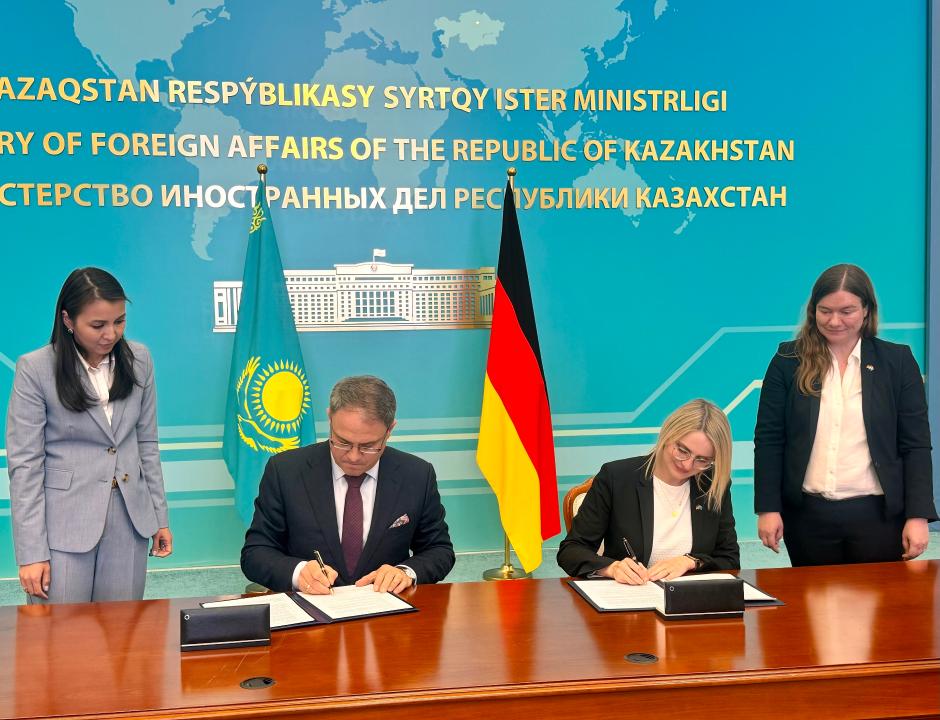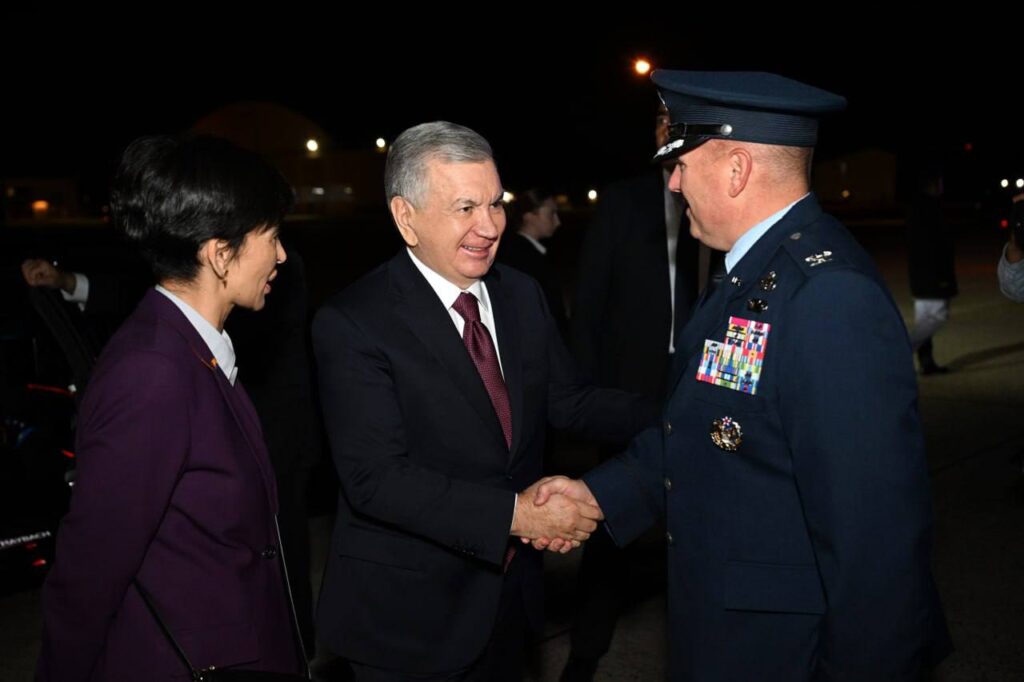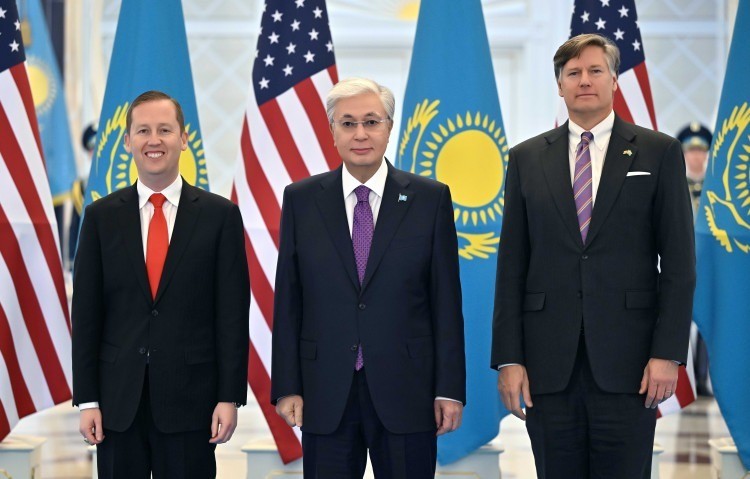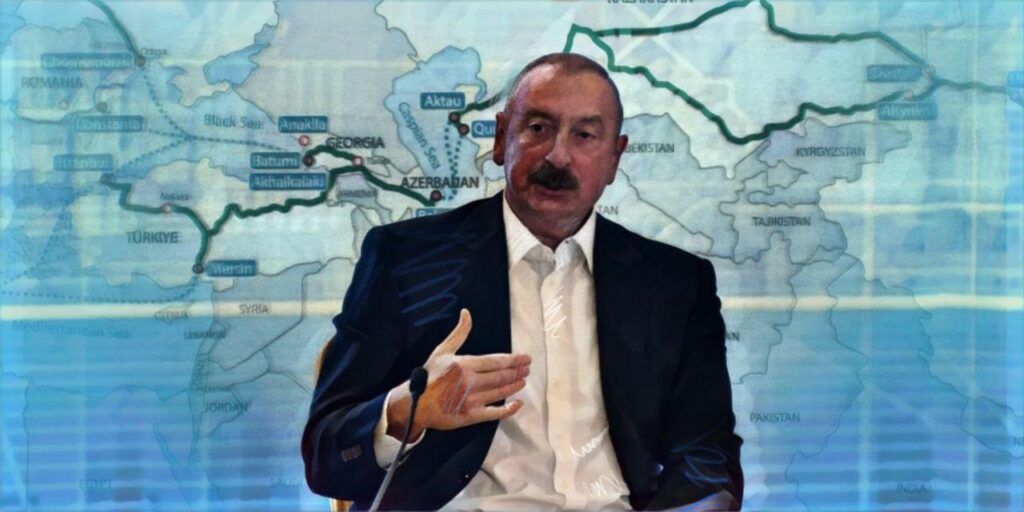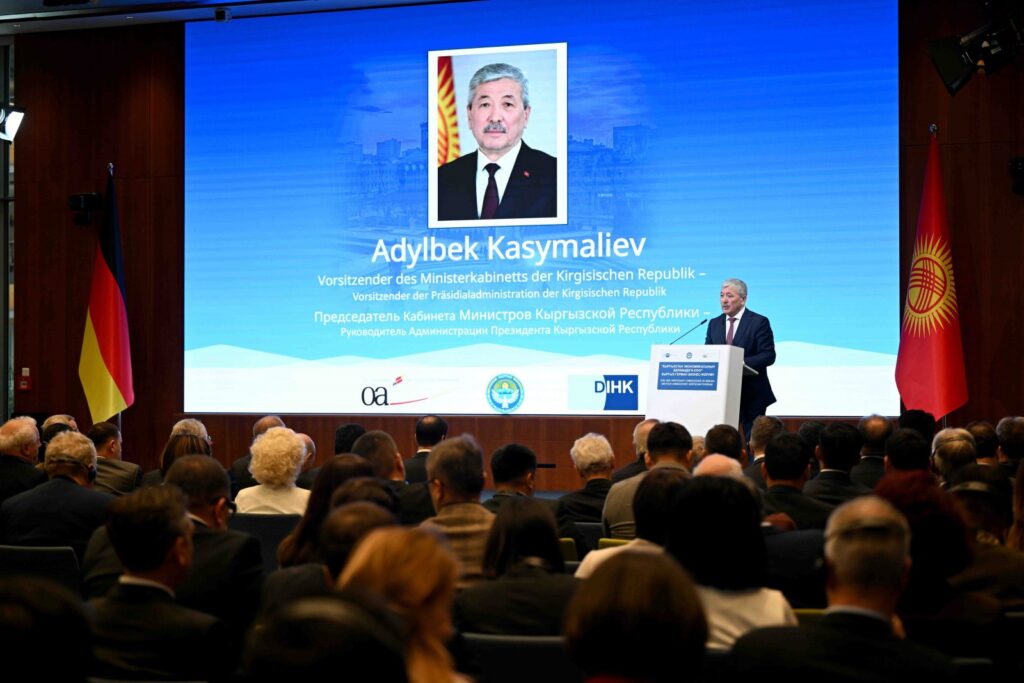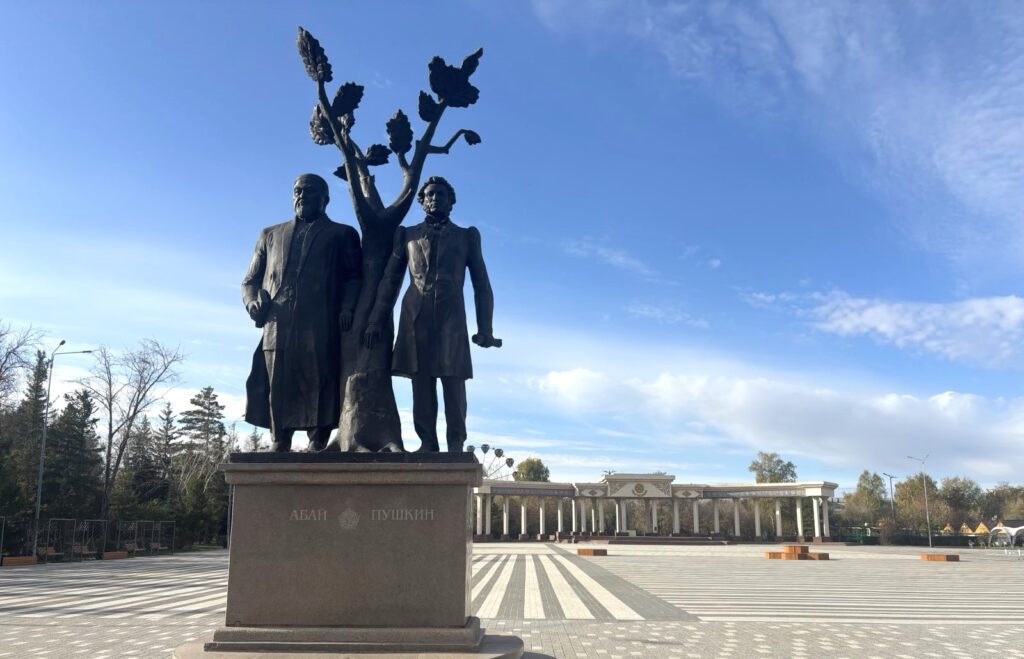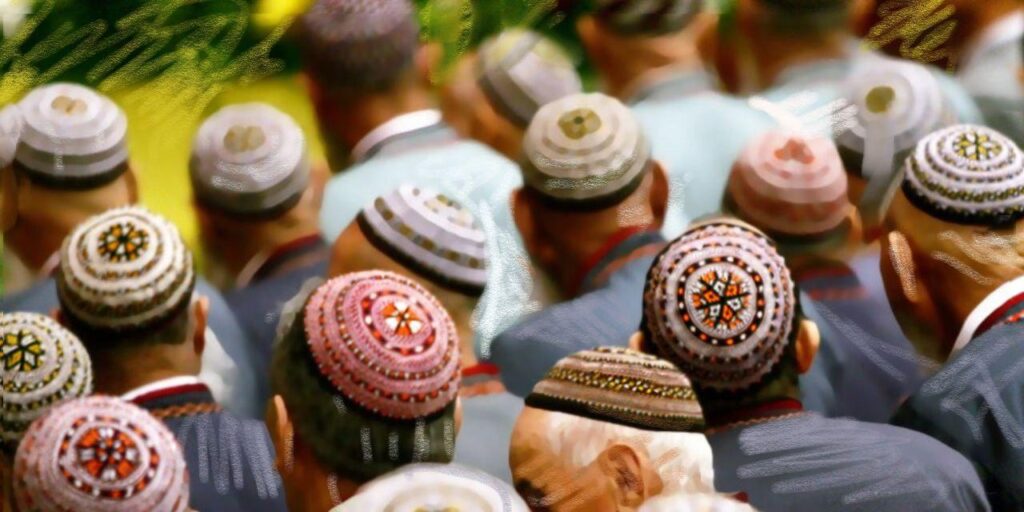On 21 May, Astana hosted the 20th meeting of the Kazakh-German Intergovernmental Commission for the Affairs of Ethnic Germans in Kazakhstan, co-chaired by Deputy Minister of Foreign Affairs of Kazakhstan Roman Vassilenko and Germany’s Federal Government Commissioner for Matters Related to Ethnic German Resettlers and National Minorities, Member of the Bundestag, Natalie Pawlik.
Representatives of the two countries’ ministries and organizations, including the Wiedergeburt (Rebirth) foundation also participated.
The agenda focused on cooperation between Kazakhstan and Germany to support the cultural, linguistic, and national identity of Kazakh Germans, as well as the implementation of joint projects in science, education, and culture.
The parties reiterated their mutual interest in expanding partnerships within the framework of the Intergovernmental Commission and strengthening the “living bridge” connecting Kazakhstan and Germany.
During World War II, Stalin’s henchman, Lavrentiy Beria supervized the mass deportation of the Volga Germans, Chechens, Ingush, Pontic Greeks, Crimean Tatars, Balkars and the Karachays, largely to Central Asia. With the crowded wagons stopping only to bury the dead in the snow, approximately 30% perished. According to statistics, 226,000 ethnic Germans reside in Kazakhstan, today, whilst some one million Germans have moved from Kazakhstan to their ancestral homeland.
Emphasizing the importance of Kazakhstan’s multi-ethnic population in the successful development of the country, Vassilenko stated that: “Thousands of kilometers separating our countries do not hinder the development and deepening of Kazakh-German relations, as well as the promotion of rapprochement of our peoples. By virtue of history, Kazakhstan has a large German diaspora, while many former citizens of Kazakhstan have resettled in Germany.”
Ethnic Germans are represented in all spheres of life in Kazakhstan. The Kazakh-German Center in Astana, the Kazakh-German University in Almaty, the Kazakh-German Institute of Sustainable Engineering in Aktau, the German Drama Theatre, as well as the Deutsche Allgemeine Zeitung newspaper play significant roles in strengthening cultural and humanitarian interaction between Kazakhstan and Germany.
Natalie Pawlik welcomed the dynamically developing bilateral cooperation and emphasized that Germany regards Kazakhstan as a key partner in its relations with Central Asia.
In her commendation of assistance provided by the German Federal Government to the Germans of Kazakhstan, she mentioned that the study of the German language in Kazakhstan can not only contribute to the preservation of the ethnic Germans’ national identity but prove beneficial to professionals engaging in joint investment projects.
